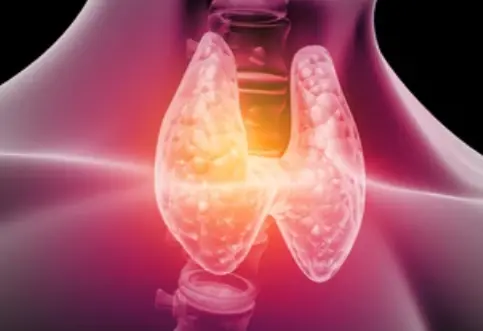 Welcome
Welcome
“May all be happy, may all be healed, may all be at peace and may no one ever suffer."
- A
- B
- C
- D
- E
- F
- G
- H
- I
- J
- K
- L
- M
- N
- O
- P
- Q
- R
- S
- T
- U
- V
- W
- X
- Y
- Z
Hypovolemia and shock - Generics
Hypovolemia refers to a state in which there is a decreased volume of blood circulating in the body, which can lead to shock if not properly managed. Shock is a medical emergency in which the body's vital organs are not receiving enough oxygen and nutrients to function properly, leading to potentially life-threatening complications.
There are many causes of hypovolemia, including excessive fluid loss due to vomiting, diarrhea, or excessive sweating, as well as blood loss due to injury or surgery. Hypovolemia can also occur as a result of dehydration or certain medical conditions such as kidney disease or heart failure.
The symptoms of hypovolemia and shock can vary depending on the severity and underlying cause of the condition, but may include:
- Rapid heartbeat or pulse
- Low blood pressure
- Pale or cool skin
- Weakness or fatigue
- Dizziness or lightheadedness
- Confusion or disorientation
- Shortness of breath or rapid breathing
- Decreased urine output
Treatment for hypovolemia and shock typically involves restoring fluid volume and blood pressure through intravenous (IV) fluids and other supportive measures. In severe cases, blood transfusions or other interventions may be necessary. It is important to identify and treat the underlying cause of hypovolemia in order to prevent recurrence of the condition.
Prevention of hypovolemia and shock can be achieved by maintaining adequate hydration, avoiding excessive fluid loss through vomiting, diarrhea, or excessive sweating, and seeking prompt medical attention for injuries or medical conditions that may increase the risk of hypovolemia.

Bone marrow stimulation

Vaginal atrophy

Cycloplegia

Hemophilia

Stress ulceration of uppe...

Trachoma

Reduce the risk of life-t...

Graves disease
Hypovolemia and shock, হাইপোভোলেমিয়া এবং শক
To be happy, beautiful, healthy, wealthy, hale and long-lived stay with DM3S.